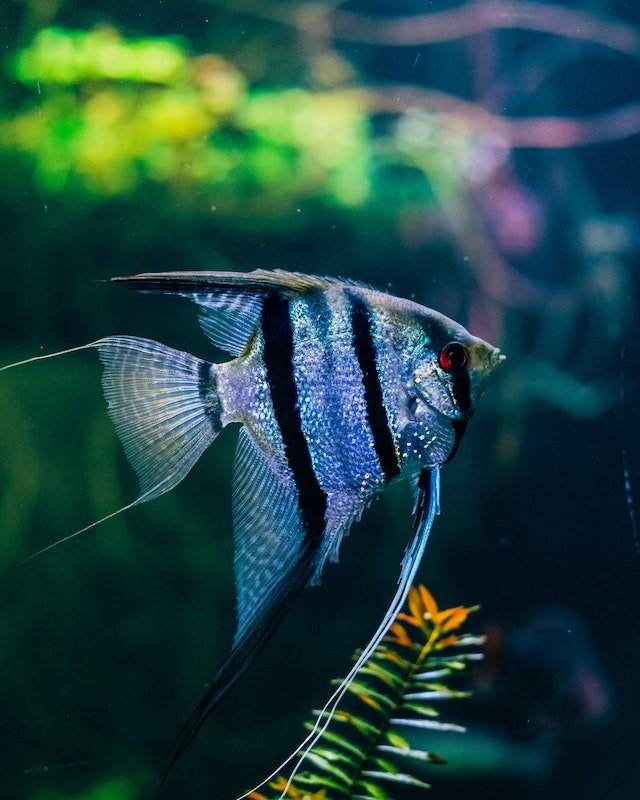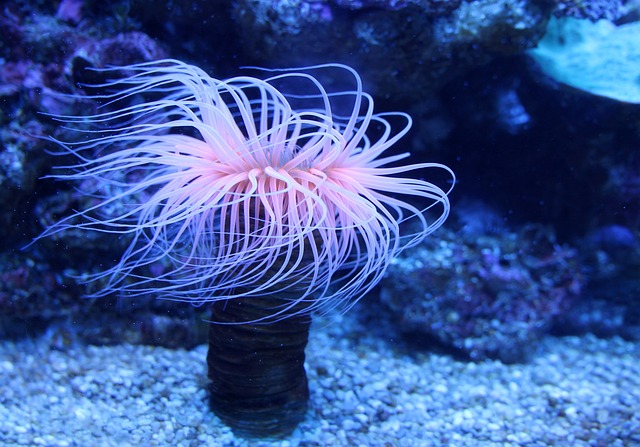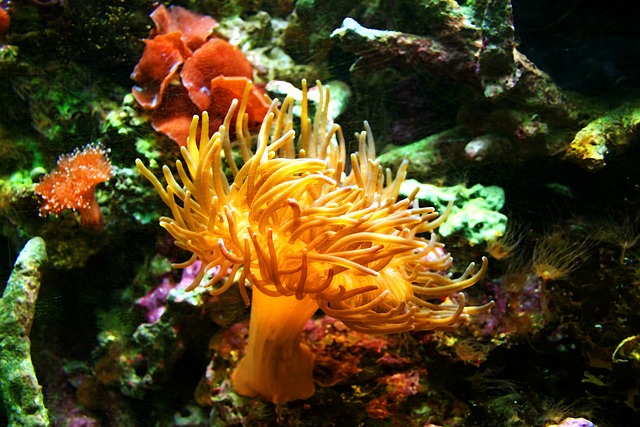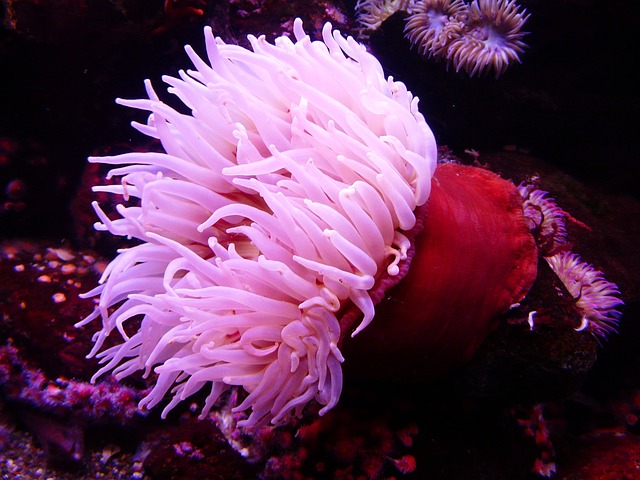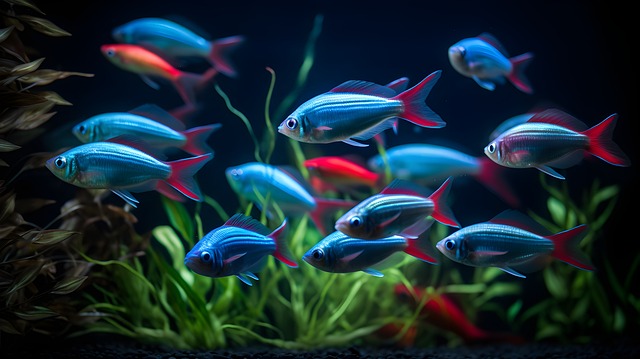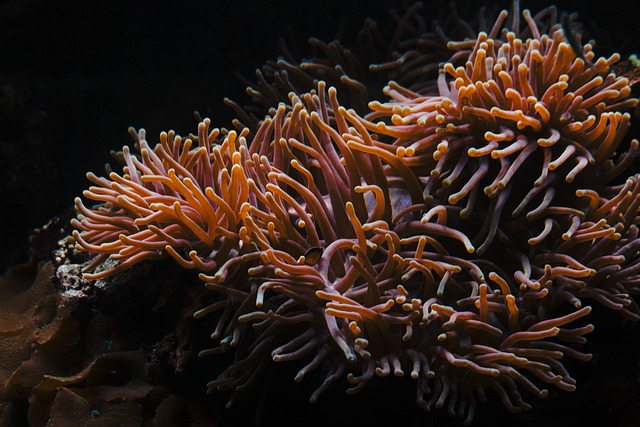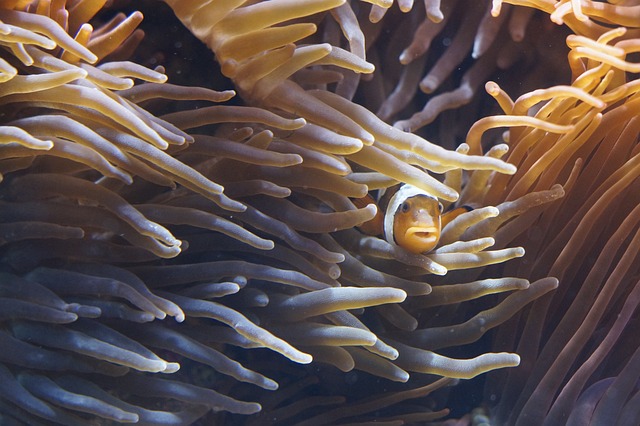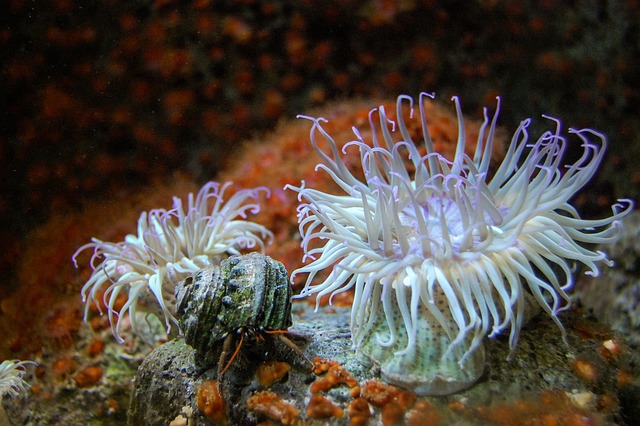There are several reasons why an angel fish may be facing upwards. One of the most common reasons is swim bladder disease, which can cause the fish to lose control of its buoyancy.
Other possible causes include poor water quality, stress, and injury. Owners need to identify the cause of this behavior to provide the appropriate treatment.
If your angel fish is facing upwards, it is essential to take action promptly. Ignoring this behavior can lead to serious health problems or even death.
This article will provide valuable insights into the possible causes and solutions to help your angel fish recover and thrive.
Possible Causes
Water Quality
Poor water quality is one of the most common reasons angel fish face upwards. If the water in the tank is not clean, it can lead to a buildup of harmful chemicals and toxins, which can cause stress and illness in fish. Some of the factors that can affect water quality include:
- High levels of ammonia, nitrite, or nitrate
- Low oxygen levels
- High pH or low pH
- High levels of dissolved solids
To prevent water quality issues, it is essential to test the water regularly and perform water changes as needed. A good rule of thumb is to change 10-20% of the water in the tank every week.
Disease or Infection
Angel fish can also face upward if they suffer from a disease or infection. Some of the common diseases that can affect angel fish include:
- Ich (white spot disease)
- Velvet disease
- Fin rot
- Dropsy
Symptoms of disease or infection may include lethargy, loss of appetite, and visible signs of illness, such as spots or lesions.
If you suspect your fish is sick, it is essential to quarantine it and seek advice from a veterinarian or a fish expert.
Stress
Stress can also cause angel fish to face upwards. Some of the factors that can cause stress in fish include:
- Overcrowding
- Poor water quality
- Sudden changes in water temperature or pH
- Aggressive tank mates
To reduce stress in your fish, providing a suitable environment with plenty of hiding places and enough space for each fish is essential.
Maintaining good water quality and avoiding sudden changes in the tank environment is also essential.
Swim Bladder Disorder
Swim bladder disorder is another possible cause of angel fish facing upwards. This condition occurs when the swim bladder, which helps fish control their buoyancy, becomes damaged or diseased.
Symptoms of swim bladder disorder may include difficulty swimming, floating upside down, or swimming sideways.
To prevent swim bladder disorder, it is essential to maintain good water quality and avoid overfeeding your fish. If your fish is suffering from swim bladder disorder, adjusting the fish’s diet or seeking medical treatment may be necessary.
Overall, there are several possible causes of angel fish facing upwards. Identifying the underlying cause and taking appropriate steps to address the issue can help your fish live a healthy and happy life.
Symptoms
If you notice that your angel fish is facing upwards, it could be a sign of a serious health problem. Here are some symptoms to look out for:
Upside-Down Position
One of the most noticeable symptoms of an angel fish facing upwards is its upside-down position.
Seeing your fish floating or swimming upside down could indicate a swim bladder disorder or other internal organ problems.
Bacterial infections, and parasites, can cause this.
Erratic Swimming Behavior
Another symptom of an angel fish facing upwards is erratic swimming behavior. If your fish is swimming in circles or darting around the tank, it could indicate a neurological problem or a lack of oxygen in the water. This can be caused by poor water quality, overcrowding, or a lack of filtration.
Lack of Appetite
A lack of appetite is another symptom of an angel fish facing upwards.
If your fish is not eating or showing interest in food, it could indicate an underlying health issue. This can be caused by stress, disease, or poor water quality.
If you notice any of these symptoms in your angel fish, it is essential to take action immediately.
Consult with a veterinarian or a fish expert to determine the underlying cause of the problem and provide the necessary treatment to ensure the health and well-being of your fish.
Treatment
Water Change and Maintenance
The first step in treating an angel fish facing upwards is to perform a water change. This will help to remove any toxins or pollutants that may be present in the tank.
It is essential to change the water regularly to prevent the buildup of harmful substances. In addition to changing the water, it is necessary to maintain proper water parameters, such as pH and temperature, to ensure the health of the fish.
Medication
Medication may be necessary if the angel fish’s condition does not improve after a water change and maintenance.
Various medications are available that can help treat various fish diseases. It is essential to consult with a veterinarian or an experienced fish keeper before administering any medication to ensure it is safe and effective for the fish.
Isolation and Quarantine
If the angel fish displays symptoms of a contagious disease, such as white spots or fungus, it may be necessary to isolate and quarantine the fish.
This will help prevent the spread of the disease to other fish in the tank. Providing the isolated fish with appropriate care, including proper water conditions and nutrition, is essential to ensure a speedy recovery.
Overall, treating an angel fish facing upwards requires careful attention to water quality and proper medication. By following these steps, fish keepers can help ensure the health and well-being of their angel fish.
Prevention
Proper Tank Setup and Maintenance
To prevent an angel fish from facing upwards, it is essential to maintain a proper tank setup and keep up with regular maintenance.
This includes ensuring the tank has adequate space for the fish to swim, providing appropriate filtration, and keeping the water parameters stable.
Angel fish require a pH between 6.5 and 7.5 and a temperature between 75 and 82 degrees Fahrenheit.
It is also essential to perform regular water changes to remove excess waste and maintain water quality.
Feeding and Nutrition
Proper feeding and nutrition are also important in preventing an angel fish from facing upwards. Angel fish should be fed a varied diet of high-quality foods, including pellets, flakes, and frozen or live foods.
Overfeeding should be avoided, as it can lead to health issues and poor water quality. Feeding small amounts multiple times a day rather than one large feeding is recommended.
Stress Reduction
Stress can also contribute to an angel fish facing upwards. To reduce stress, providing the fish with a peaceful environment and avoiding sudden changes to the tank is essential.
This includes avoiding loud noises or sudden movements around the tank and providing hiding places and appropriate tank mates. It is also important to avoid overcrowding the tank, which can increase stress and poor water quality.
By following these preventative measures, angel fish owners can help ensure the health and well-being of their fish.

